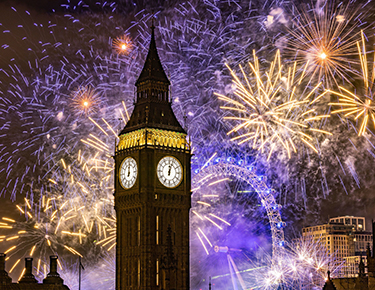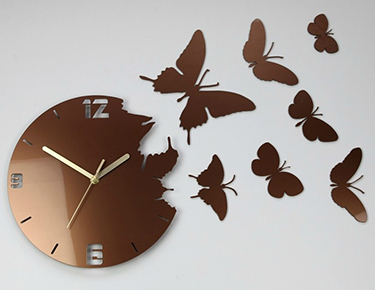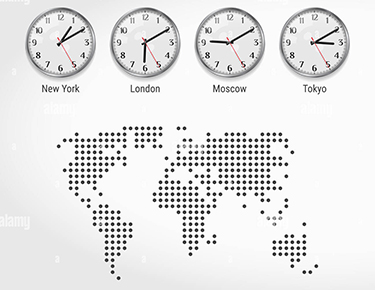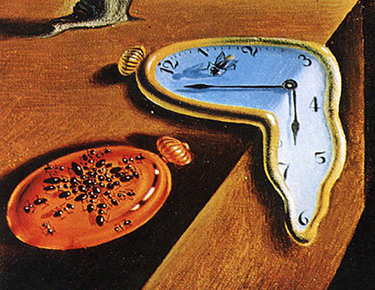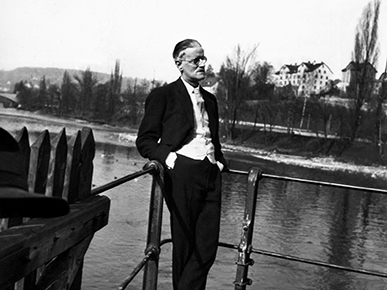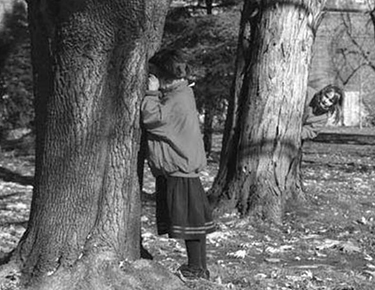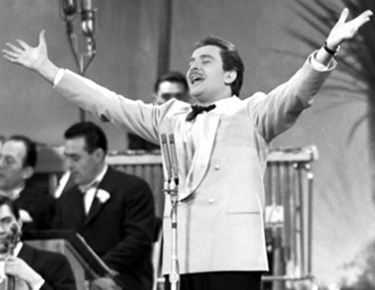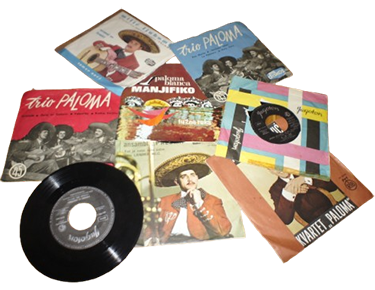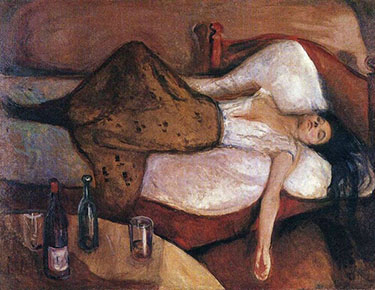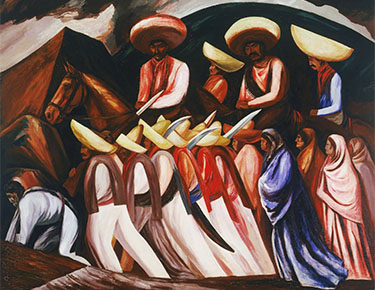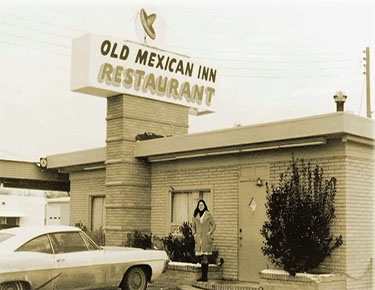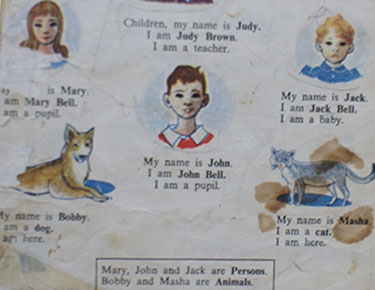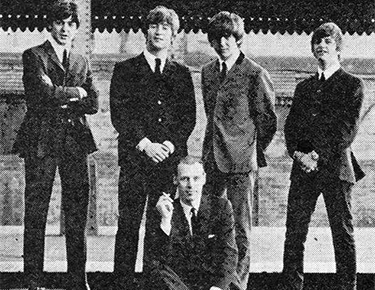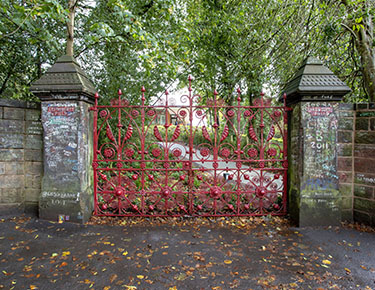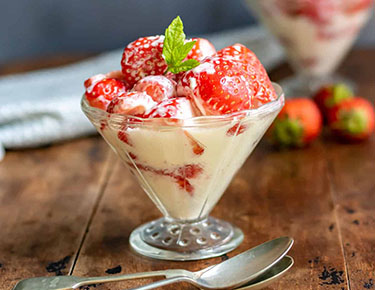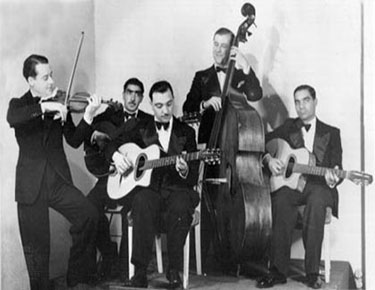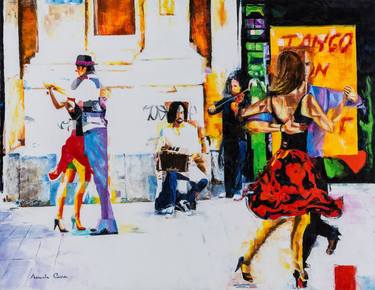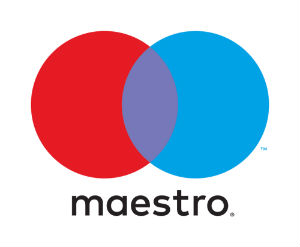From the radio
This June/July English saga in a red triptych about strawberries brings us closer to Wimbledon, Liverpool and of course the Beatles, whose music I grew up listening to, whose songs I knew by heart, whose language I learned. They taught me that love was all I needed, how to let go when I had a problem - "let it be", and that I didn't have to carry all the burden of this world on my shoulders alone...
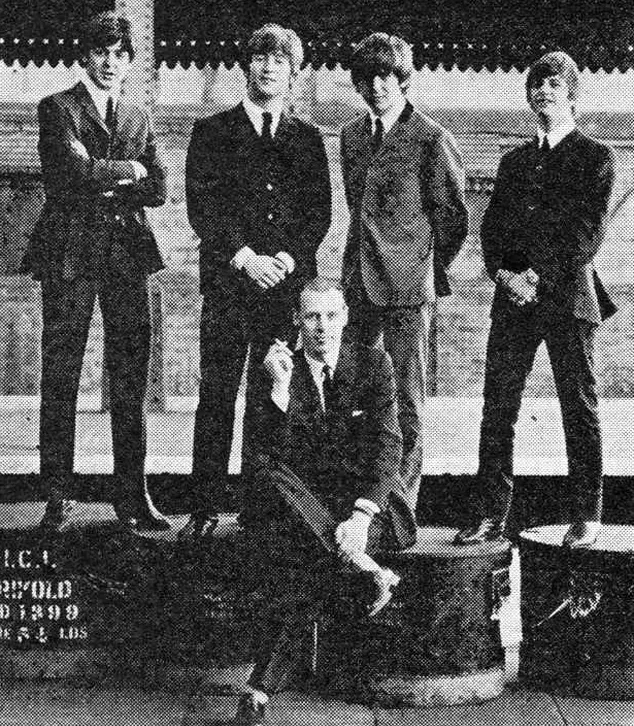
It is a well-known fact that after England, rock and roll was best accepted in Yugoslavia. While I was growing up in a socialist country where heroic struggle, work and labor actions were the main theme in songs, in England, in the 1950s, a completely new kind of music was beginning to flourish that would take over the whole world and that we would all go crazy for. Rock and roll music, new culture and I grew up side by side and all of that significantly influenced me to become who I am today. The new musical birth in England took place not only in London, but also around Liverpool, in the part of England called Merseyside, in the same city where the "Strawberry Field" orphanage was located, next to which the future Beatles, little John Lennon lived and played. The River Mersey connects the southern part of the city of Manchester with the Port of Liverpool and forms the area of the famous Merseybeat boom, as the explosion of the first r'n'roll bands in England was called. In that part of England, the Hollies, the Searchers, the Beatles are just some of the groups that played other people’s songs, the so-called covers, and they played mostly American songs. The Beatles were of course the most famous, but they also played covers in the beginning, until George Martin directed them towards pop and with new poetics created the group we know today.
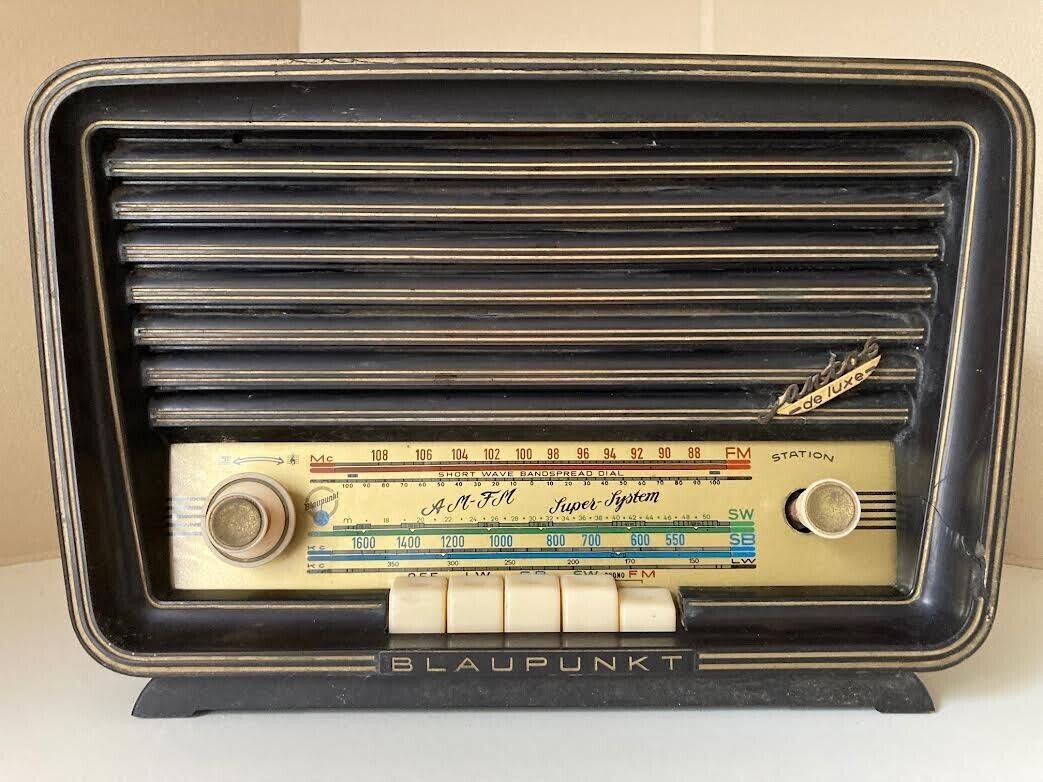 And while George Martin, introducing love lyrics and a classically based aesthetic to their music, was changing the Beatles from a cover band to a band playing their own music (after which nothing was the same), I was growing up with music that the radio with the magic eye played, until it reached me. That eye would light up whenever the radio was on, and it was light up all the time, because my family listened to it constantly, and so did I.
And while George Martin, introducing love lyrics and a classically based aesthetic to their music, was changing the Beatles from a cover band to a band playing their own music (after which nothing was the same), I was growing up with music that the radio with the magic eye played, until it reached me. That eye would light up whenever the radio was on, and it was light up all the time, because my family listened to it constantly, and so did I.
Is there anybody going to listen to my story
All about the girl who came to stay?
She's the kind of girl You want so much, it makes you sorry
Still you don't regret a single day
Ah, girl, girl
On Monday evenings, when Creedence Clearwater Revival and the song "Down on the corner" would "play" on the radio, it meant that the "Evening on the Radio" show was starting, and with it, liveliness in our house. It was a new radio show "for the young crazy world" as Nikola Karaklijic, a chess player and the man who brought r'n'roll to Yugoslavia and was also the creator, host and editor of all the first domestic music shows and music magazines, called us, the devotees of this music. That show was not just about playing and listening to music. I actively participated in the listening as if I were live in the studio, I cheered for my songs that were on the "Thunder list", which was the name of the top list that the listeners voted for, and I knew them by heart... ah what a pleasure. Definitely, Radio Luxembourg could be off from our lives.
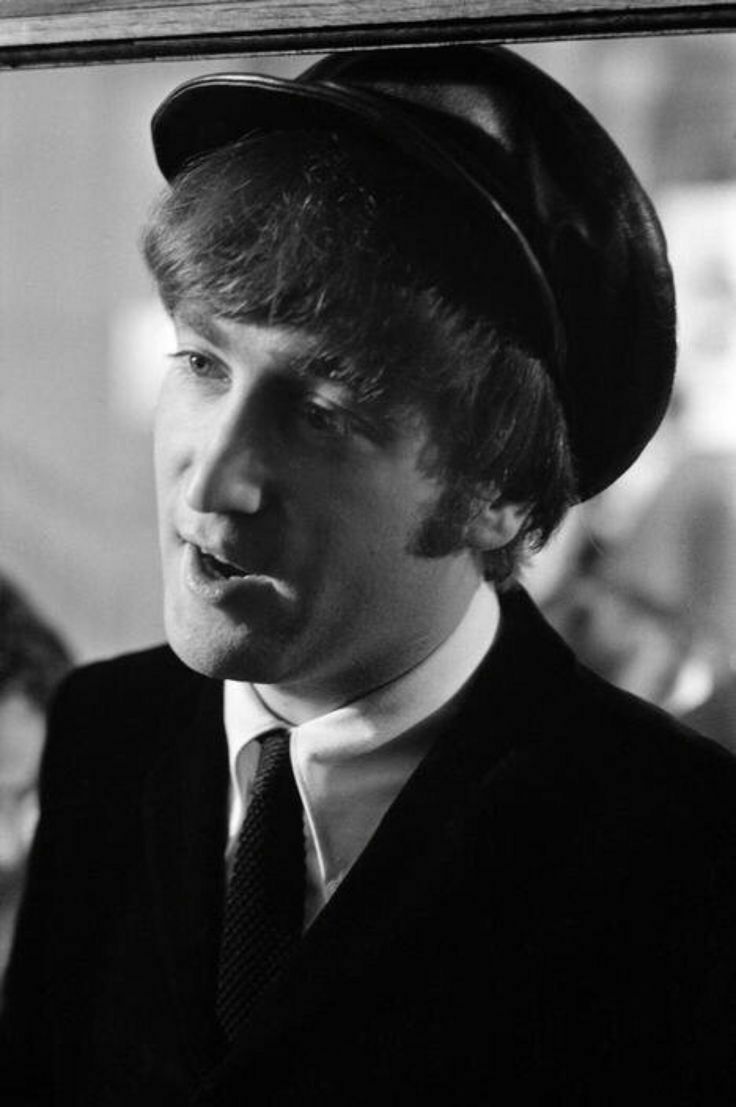
However, what I loved most about the flood of new music that reached us in various ways from England and from the West in general, and which struck me like a thunderbolt and engulfed me forever, was the magazine "Jukebox", when started to be published. With the first issue was published, my sister immediately started buying it, and I, who adored reading books, which I still adore even to this day, started devouring articles from cover to cover like crazy, so next to "Zabavnik" the "Jukebox" immediately became inventory in our house. I was no longer bound only to the house and the radio, but I could take rock and roll with me to the park or the yard. If I didn't understand something, I was satisfied with the photos... hey the Stones on the front page!!! The real shock occurred when, as an appendix, gramophone records appeared in the "Jukebox", small vinyl with 33 rpm, in soft plastic in paper wrappers, on which only the names of bands and songs were written. We already had a portable gramophone with small speakers and those records really played!!! Everything was heard!! Oh man!!! "Ruby Tuesday", "Snoopy vs the Red Baron" The Dave Clark Five, The Who!! With these records, the 1960s definitely arrived in Savamala. <3 We spun the records profusely, and I saved some of them even to this day.
As such, the "Jukebox" had a much more impact on our lives than just learning about the news from the world of rock and roll, our musical heroes, their songs, etc. From it, we could see how to dress like a rocker and how to look like all our peers in the part of the world where this new culture was emerging. All our eyes were on the UK. We loved the Island. 😊 We copied outfits, hairstyles, I asked my mother to "fashion myself", but that didn't resonate much with her. Young men started to let their hair down, girls to wear miniskirts, and my short-sighted sister, an ardent Beatles fan, wore round -3 diopter glasses by John Lennon, the so-called "Lennon’s glasses" all her life. In my Balkanska street, there were several small craft shops that made hats, caps, berets and everything worn on the head. The most important model was a cap modeled after Lennon's from "A Hard Day's Night". That sailor's cap made of black felt stood in a prominent place in the window with the inscription "Beatles cap" but in Cyrillic😊 <3. I cut out photos of my musical heroes and glued them into a notebook specially bought for the occasion, copied the lyrics of musical hits... the language was there, with us in our notebooks, and with the music the language entered our ears, heads and hearts. And our lives.
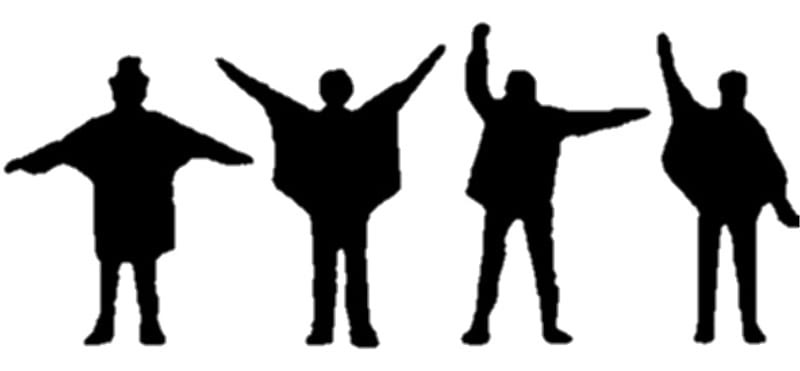
JJ Beba


